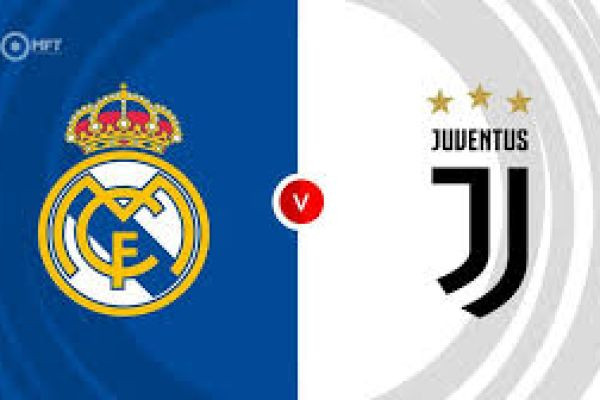The fixture between Real Madrid and Juventus is one of the most storied and significant rivalries in European football, characterized by tactical battles, iconic goals, and high-stakes Champions League encounters, including two final meetings.
Historical Context of the Rivalry
This rivalry has often been defined by the team that progresses in knockout stages, with a near-even split in their 21 competitive matches (excluding a friendly).
Competition | Matches Played | Real Madrid Wins | Juventus Wins | Draws |
|---|---|---|---|---|
European Cup / UCL | 21 | 10 | 9 | 2 |
Key Champions League Moments
1998 Final (Amsterdam): Real Madrid won 1-0 with a controversial Predrag Mijatović goal, securing their long-awaited "La Séptima" (7th title).
2003 Semi-finals: Juventus triumphed over the Galácticos era Real Madrid, winning 4-3 on aggregate, featuring a memorable performance by Pavel Nedvěd.
2015 Semi-finals: Juventus secured a 3-2 aggregate win, eliminating the defending champions.
2017 Final (Cardiff): Real Madrid delivered a dominant second-half performance to win 4-1, becoming the first team in the modern era to win back-to-back Champions League titles.
2018 Quarter-finals: A dramatic tie decided by a late Cristiano Ronaldo penalty at the Bernabéu after Juventus had erased a 0-3 first-leg deficit.
Hypothetical Match Preview and Tactical Analysis
Given the current trajectory of both clubs, a potential meeting would be a fascinating clash between Madrid's fluid attacking structure and Juventus's more pragmatic, defensive base.
Real Madrid's Expected Approach
Real Madrid, typically under a counter-pressing system, would look to dominate possession but remain clinical and flexible in transition.
Formation (Typical): $4-3-1-2$ or $4-3-3$
Key Strengths: Elite midfield creativity (e.g., Bellingham, Valverde, Kroos), dynamic full-backs for width, and fast, intelligent forward runners (e.g., Vinícius Jr.).
Tactical Focus: Verticality and Overloads. Madrid aims to bypass midfield congestion with quick, vertical passes to connect the defense to the attack rapidly. They would use midfield runners to overload the half-spaces against Juventus's likely deep block.
Defensive Concern: Space left by high full-backs could be exploited on the counter by Juventus's wide players.
Juventus's Expected Approach
Juventus would likely adopt a low-to-mid block, prioritizing defensive stability and control in central areas before launching rapid counter-attacks.
Formation (Typical): $3-5-2$ or $4-4-2$ (shifting to a $5-3-2$ in defense)
Key Strengths: Experienced central defenders, powerful ball-winning midfielders (e.g., Rabiot, Locatelli), and physical presence up front.
Tactical Focus: Defensive Discipline and Set Pieces. Juventus will look to frustrate Madrid, holding a compact shape to deny space between the lines. They would rely heavily on the speed of wing-backs or strikers on the break. Set-pieces are always a major threat for the Bianconeri.
Offensive Concern: Difficulty in sustaining pressure against a high-caliber opponent, potentially leading to long periods without the ball.
The Key Battleground: Midfield Control
The outcome of this match would likely be decided by the control of the center of the pitch:
Madrid's Creativity vs. Juventus's Solidity: Can Madrid's central midfielders (Bellingham, Modrić) find pockets of space to thread balls through the disciplined Juventus back line?
The Counter-Attack: The ability of either team to turn defense into attack quickly. If Juventus manages to win the ball high, their direct style can punish Madrid's exposed defensive lines.
Prediction
Historically, in the Champions League, both teams thrive when the stakes are highest. Real Madrid's current blend of experience and youth often gives them a slight edge in fluid, open games. Juventus's resilience means the tie would be fiercely contested, but Madrid's attacking variety is often the deciding factor.








